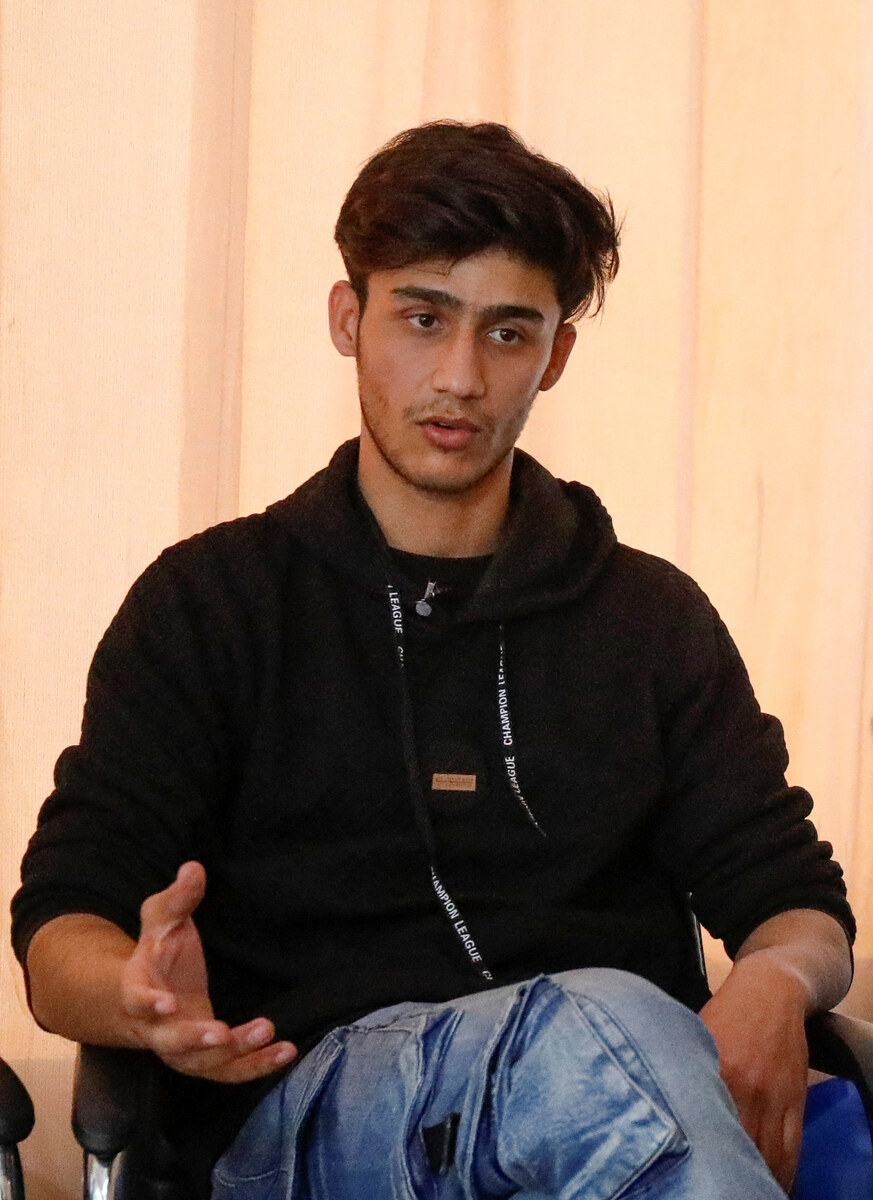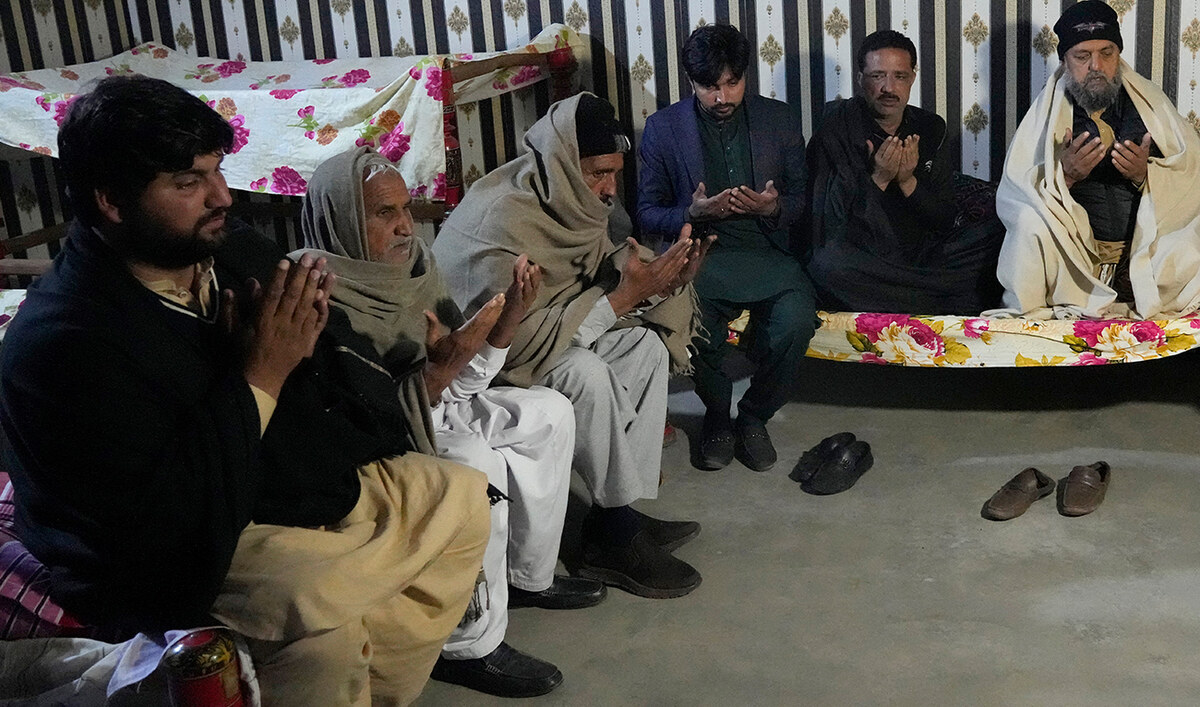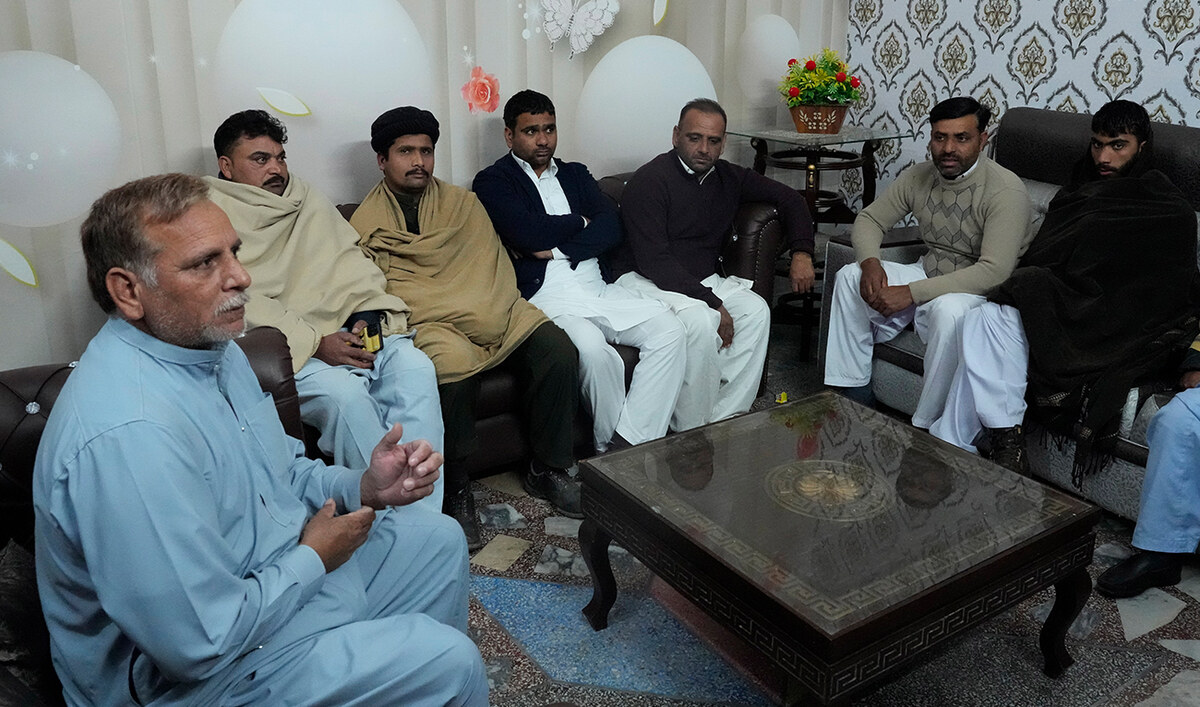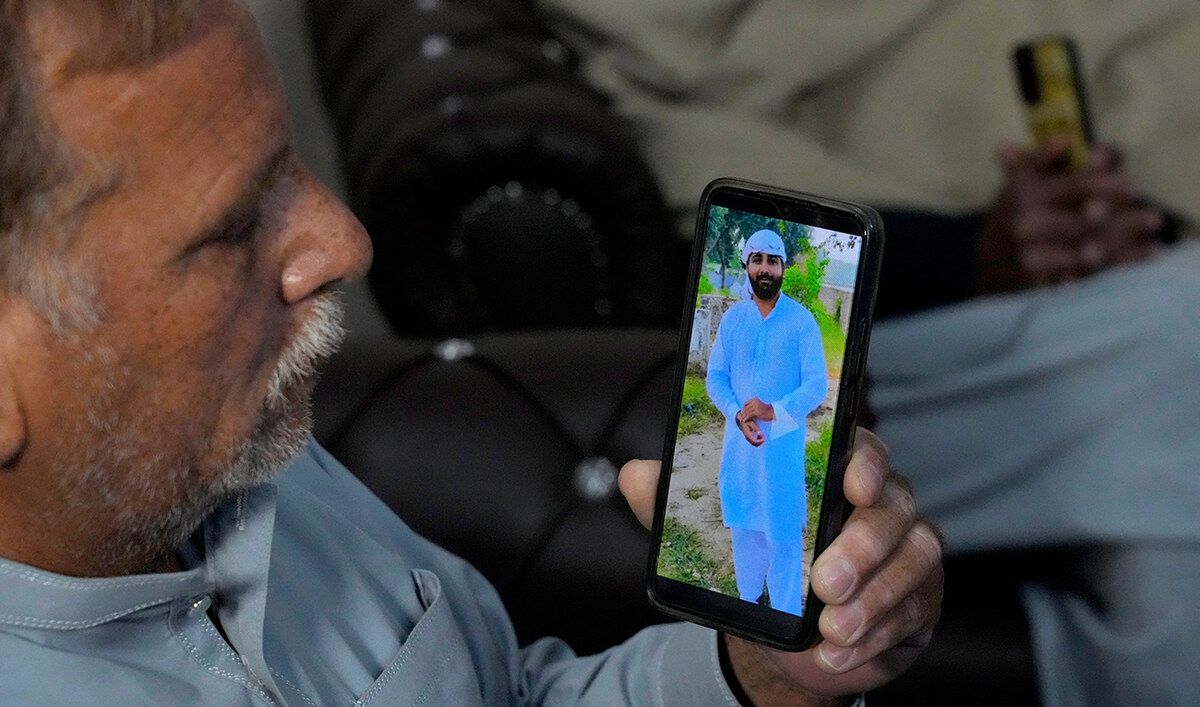ISLAMABAD: Defense Minister Khawaja Asif on Monday said no decision had as yet been made on the appointment of a new army chief, arguably the most important office in the country after the prime ministers.
General Qamar Javed Bajwa has been the Pakistan army chief since November 2016 and is due to retire on November 29, following the final day of his second three-year term.
But the selection of the new army chief has been marred by controversy in recent months, with widespread speculation that Bajwa might take a second extension, though the military has repeatedly said the army chief would retire on time.
The debate was ignited again this past week with PM Sharif’s arrival in London for what local media reported were discussions with three time former premier Nawaz Sharif, founder of the ruling Pakistan Muslim League-Nawaz, on the new appointment.
Nawaz, who lives in self-exile in London, faces a slew of corruption cases back home. Opposition leaders have criticized the government and said Nawaz, who does not hold any public office and is wanted by the law, should not be part of discussions to pick the army chief.
“No decision yet,” Asif told reporters when asked if the new army chief had been selected.
When asked if PM Sharif had consulted on the selection with his self-exiled elder brother Nawaz Sharif in London, Asif said:
“This is the prime minister’s discretion, whatever he decides.”
But the widely publicized meetings between PM Sharif and Nawaz in London have added to the controversy surrounding the new army chief’s selection, with members of the opposition criticizing the premier for discussing the army chief’s appointment with an “absconder.”
Nawaz was removed from office in July 2017 by the Supreme Court for not declaring income from a company in United Arab Emirates.
The court also orders the National Accountability Bureau (NAB) to open a criminal trial into revelations in the Panama Paper revelations that showed the involvement of Sharif’s family in offshore companies, including two used to buy luxury homes in London.
In April, 2018, the Supreme Court further ruled Sharif was banned from political office for life and in July of that year, a NAB court convicted Sharif of corruption and sentenced him to 10 years in prison.
In November 2019, the three-time former PM left Pakistan on medical bail and has since not returned. He says the cases against him are politically motivated and claims innocence.
The appointment of the new army chief has also been in the spotlight as ex-premier Imran Khan, ousted in a parliamentary vote of no-confidence this April, insists the unelected government of PM Sharif, cobbled together through a parliamentary vote after his removal, does not have the right to appoint a new chief. He says the crucial selection should be made by the elected government after new polls are held.
Since his ouster, Khan has also criticized the army, and its chief, for not blocking his ouster and allowing his rivals led by now PM Sharif, who he considers corrupt, to come to power. The military says it remained apolitical in the transition.
Following Khan’s ouster, anti-military Twitter trends and posts calling on Bajwa to resign have become common in a country where the military was long feared and for decades ruled either through coups or as the invisible guiding hand in politics.
The criticism of the military had become so widespread in recent weeks, particularly after the mysterious killing of a pro-Khan Pakistani journalist in Kenya, that the head of Pakistan’s powerful spy agency, the Inter-Services Intelligence (ISI), made a rare public appearance last month to question Khan’s motives behind anti-army remarks and portraying Bajwa as a “traitor” among his followers.
This was the first time in Pakistan’s history that the head of the ISI has addressed a media briefing.
Khan’s party is currently leading a protest march on Islamabad to force Sharif into announcing early elections in the country. The government says polls will be held on time late next year.

























